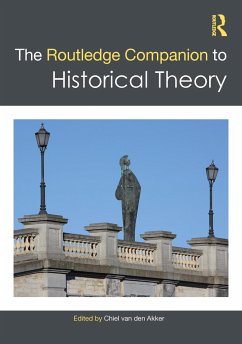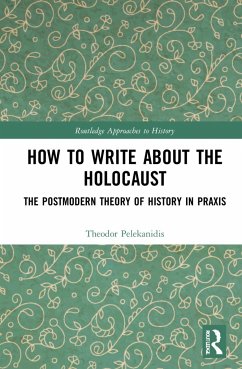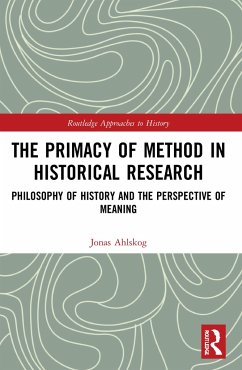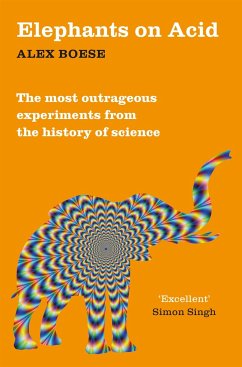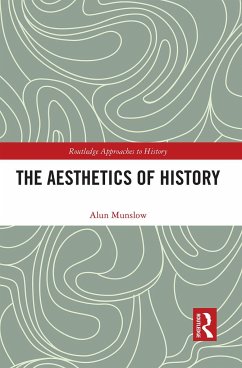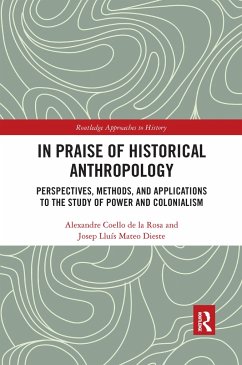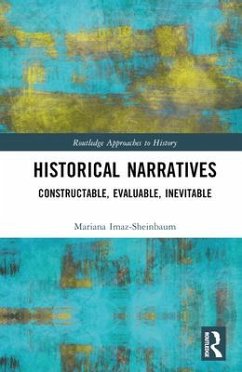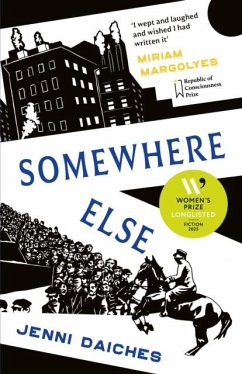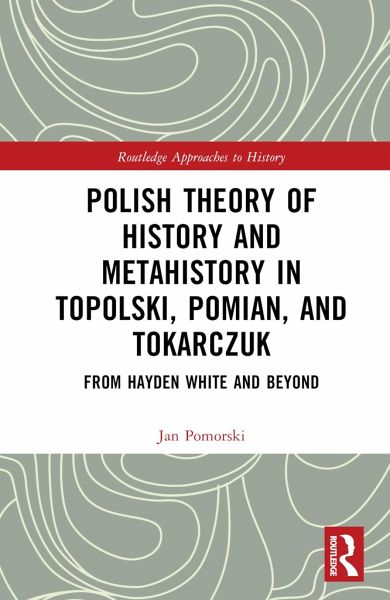
Polish Theory of History and Metahistory in Topolski, Pomian, and Tokarczuk
From Hayden White and Beyond
Versandkostenfrei!
Versandfertig in 6-10 Tagen
154,99 €
inkl. MwSt.
Weitere Ausgaben:

PAYBACK Punkte
77 °P sammeln!
This book traces the development of the Polish theory of history, analysing how Jerzy Topolski, Krzysztof Pomian, and Olga Tokarczuk have both built upon and transgressed the metahistorical theories of American historian Hayden White.Poland's reception of White's work has gone through different phases, from distancing to a period of fascination and eventual critical analysis, beginning with Topolski's methodological school in the 1980s. Topolski played a major role in international debates on historical theory in the second half of the 20th century. The book's second study is a rare opportunit...
This book traces the development of the Polish theory of history, analysing how Jerzy Topolski, Krzysztof Pomian, and Olga Tokarczuk have both built upon and transgressed the metahistorical theories of American historian Hayden White.
Poland's reception of White's work has gone through different phases, from distancing to a period of fascination and eventual critical analysis, beginning with Topolski's methodological school in the 1980s. Topolski played a major role in international debates on historical theory in the second half of the 20th century. The book's second study is a rare opportunity for English-speaking audiences to engage with the thoughts of Pomian, a philosopher and historian of ideas who has both complemented and developed theories of historical cognition independently from White. In the final chapter, the book presents a study of the historical imagination in 21st-century Central and Eastern Europe through the work of novelist Tokarczuk, the winner ofthe 2018 Nobel Prize in Literature. In considering the contributions of these three thinkers, the book explores the active process by which past becomes history and thus motivates contemporary actions and realities.
By deconstructing and reconstructing contemporary theories of history, this research is a unique contribution to the fields of historiography and the philosophy of history.
The Open Access version of this book, available at http://www.taylorfrancis.com, has been made available under a Creative Commons [Attribution-Non Commercial-No Derivatives (CC-BY-NC-ND)] 4.0 license.
Poland's reception of White's work has gone through different phases, from distancing to a period of fascination and eventual critical analysis, beginning with Topolski's methodological school in the 1980s. Topolski played a major role in international debates on historical theory in the second half of the 20th century. The book's second study is a rare opportunity for English-speaking audiences to engage with the thoughts of Pomian, a philosopher and historian of ideas who has both complemented and developed theories of historical cognition independently from White. In the final chapter, the book presents a study of the historical imagination in 21st-century Central and Eastern Europe through the work of novelist Tokarczuk, the winner ofthe 2018 Nobel Prize in Literature. In considering the contributions of these three thinkers, the book explores the active process by which past becomes history and thus motivates contemporary actions and realities.
By deconstructing and reconstructing contemporary theories of history, this research is a unique contribution to the fields of historiography and the philosophy of history.
The Open Access version of this book, available at http://www.taylorfrancis.com, has been made available under a Creative Commons [Attribution-Non Commercial-No Derivatives (CC-BY-NC-ND)] 4.0 license.





